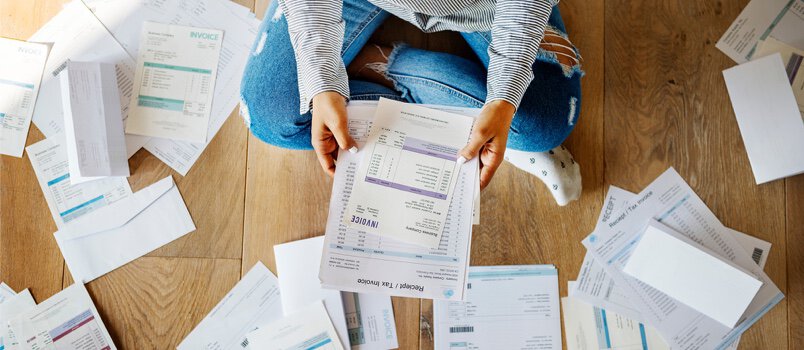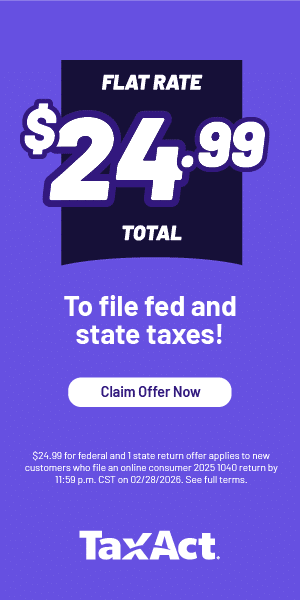High-interest rate credit card debt often feels like a never-ending hamster wheel of payments. Month-after-month, the money put toward the debt barely seems to make a dent in the principal balance.
That demoralizing experience of paying off debt can make it tempting to tap into any amount of savings, including a retirement account. Some people will raid their retirement account in mad attempt to get that credit card debt off their back. But is that move ever a good idea?
The common advice: never raid your retirement plan
Typically, you’re always advised to leave your retirement plan alone and research other ways to attack your debts or address short-term financial needs. The logic is simple: you’re harming future you by making it tougher to achieve retirement if you bust into your retirement account.
By choosing to cash out your 401(k), you’re losing out on compound interest, tax-deferred growth, and, in the case of some plans, the ability to keep contributing unless you repay what you withdrew. Yet despite those risks, you may still be determined to pursue debt consolidation by looking to your retirement account as a solution. If that’s you, then it’s important to know there’s more that goes into that decision.
Cash out your 401(k) versus take a loan: there’s a difference
There are some important distinctions between “cashing out” or “withdrawals” from your retirement plan and a “401(k) loan.” A 401(k) loan generally refers to taking a loan out of your own retirement account and paying yourself back at a later date
Cashing out or taking a withdrawal means liquidating your 401(k) to have the cash in your hand now. Cashing out often comes with fees, penalties, and taxes – which are dependent on your tax bracket – so it’s typically not the best strategy.
What to know if you want to take the 401(k) loan
It is important to completely understand the rules of taking a loan from your retirement fund before you make that decision. For instance, how much can you take out? Rules may differ per plan, but it’s often around 50 percent of your vested balance with a max of $50,000. You’ll probably be required to repay the loan in full if you leave your job. You should also know the interest rates and approximately how long you have to repay the loan.
Another big factor at play: creditor protection. Retirement accounts and pensions often come with creditor protection – unless the creditor is a government entity such as the IRS. If you think you’re at all at risk of filing for bankruptcy, do not raid your retirement account to pay off debt.
What are your other options?
Have an emergency savings fund? Raid that first. It is always better to take money out of savings than to cash out your 401(k) or other retirement fund.
Next, see if your debts can be managed by using the debt snowball or debt avalanche technique.
The debt snowball method has you write out and organize your debts from the smallest balance to largest balance paying no mind to interest rates. You put any extra money toward paying off the smallest balance first while continuing to making minimum payments on all your other balances. Once the smallest debt is paid off, you take the amount you were putting toward that debt and add it to the amount you’re paying toward the next smallest debt. That process continues until all the money goes toward your largest debt.
Debt avalanche is similar except you focus on paying the highest interest rate debt first and work your way down. It won’t be an overnight answer to your financial problems, but it helps create a repayment strategy.
You should also consider a personal loan as a way to consolidate your debt before using your retirement funds. Shop around to see if you can get a competitive rate on a personal loan to consolidate your debt and begin aggressively paying it off.
Another option available is to cut back on contributing to your retirement plan in order to free up a little money to aggressively pay off high-interest rate credit card debt. It’s not ideal, especially if you get an employer match, but it likely is better than choosing to cash out your 401(k) or taking a loan.
Avoid future credit card debt
How did you end up with credit card debt in the first place? That is a critical question to ask before you make a decision on how to pay it off.
Behavior changes may need to occur to ensure you won’t be back in the same position a few years down the road.





